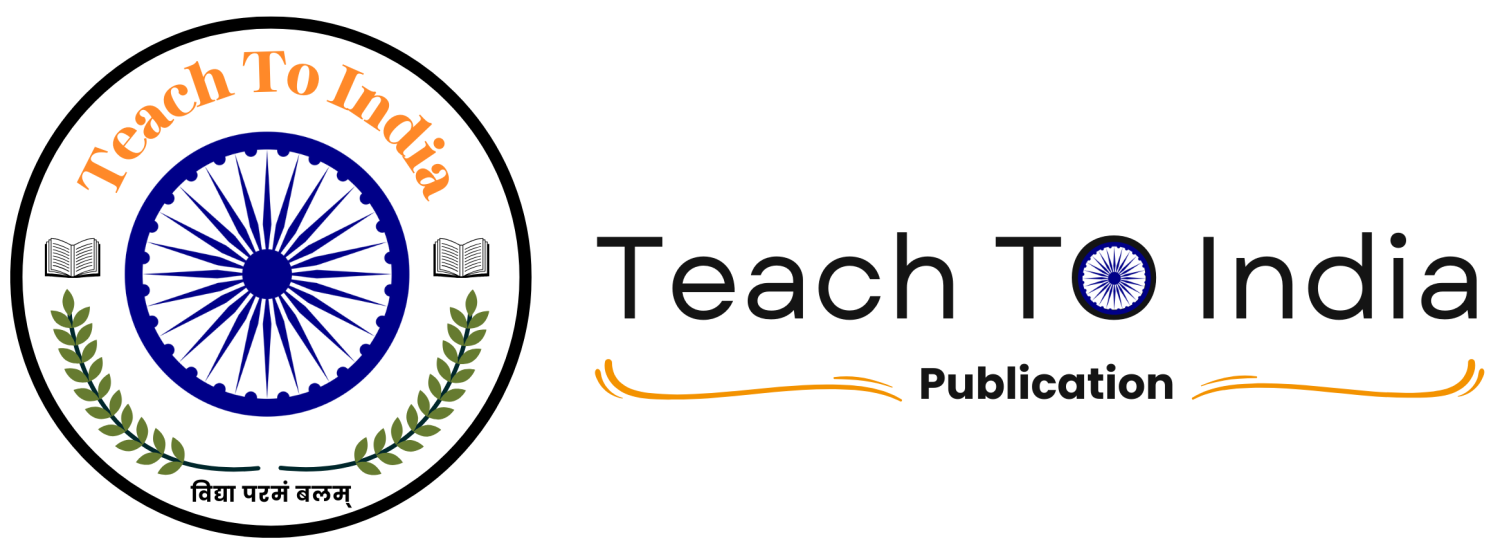भारत में आपदा प्रबंधन प्रणाली
- Description
- Curriculum
- Reviews

Teach To India प्रकाशन
भारत में आपदा प्रबंधन प्रणाली
-
यह मॉडल पेपर यह सुनिश्चित करता है कि सभी संभावित प्रश्न जो परीक्षा में आ सकते हैं, वे यूनिट में पूरी तरह से शामिल हैं, चाहे वे सीधे हों या अप्रत्यक्ष रूप से।
-
इसे अनुभवी प्रोफेसरों द्वारा बहुत सावधानी से तैयार किया गया है, जिन्हें परीक्षा मॉडल पेपर बनाने का व्यापक अनुभव है।
-
इस पेपर में विश्वविद्यालय द्वारा निर्धारित पाठ्यक्रम के आधार पर सभी मुख्य प्रश्न शामिल हैं।
-
240 से अधिक प्रश्न और उत्तरों के साथ, यह मॉडल पेपर विषय का पूरा पाठ्यक्रम कवर करता है।
-
प्रत्येक यूनिट में दीर्घ उत्तरीय प्रश्न शामिल हैं ताकि छात्रों को गहन समझ प्राप्त हो सके।
-
हमारे प्रश्न इस तरह तैयार किए गए हैं कि प्रत्येक यूनिट को कम से कम और अच्छी तरह चुने हुए प्रश्नों से कवर किया जा सके।
-
अनिवार्य आंतरिक परीक्षा के लिए हम 200 एक पंक्ति के प्रश्न-उत्तर प्रदान कर रहे हैं, जो प्रत्येक यूनिट को समान रूप से कवर करते हैं।
-
इस मॉडल पेपर में मॉक प्रश्नपत्र / पिछले साल के प्रश्नपत्र भी हल के साथ दिए गए हैं, जिससे छात्रों को परीक्षा के प्रश्नों की गहराई और विस्तार को समझने में मदद मिलती है।
|
Programme /Class: Certificate |
Year: First |
Semester: I/II Paper- Minor/ Elective |
||
|
Subject: Offered by Botany |
||||
|
Course Title: Disaster Management system in India |
||||
|
Course outcomes: 1. The course focuses on basic concept of disaster(s) and disaster management, their significance and types. 2. The course will enable to develop the analytical skills to study relationship between vulnerability, disasters, disaster prevention and risk reduction. 3. The knowledge creates awakened group for integrated disaster management in the country. 4. It will enable young people in each city district or village to understand and explore avenues of reducing disaster risks and work towards preparedness and contribute towards minimizing losses and saving lives.
|
||||
|
Credits: 5 |
Minor/Elective |
|||
|
Max. Marks: 25+75 |
Min. Passing Marks: 8+25 |
|||
|
Unit |
Topics |
|||
|
I |
Overview and understanding of Disaster, definitions of Disaster, Hazard, Vulnerability, Resilience and Risks
|
|||
|
II |
Classification of disaster, natural hazards and Man-made disasters, Causes and social impacts, urban disasters, pandemics and climatic change
|
|||
|
III |
Panchayati Raj Institutions/Urban Local Bodies (PRIs/ULBs), states, Centre, and other stake-holders. CBRN disaster, NDMA, NDRF, NIDM, STATE DM
|
|||
|
IV |
Disaster Risk Management in India: Hazard and Vulnerability profile of India, Components of Disaster Relief: Water, Food, Sanitation, Shelter, Health, Fire, Waste Management Institutional arrangements |
|||
|
V
|
Mitigation, Response and Preparedness, DM Act and Policy, Other related policies, plans, programmes and legislation
|
|||
|
VI |
Disaster-induced Refugee problem – Problems of women and children during disasters; Principles of psycho-social care, issues and recovery Relationship between disasters, development and vulnerabilities
|
|||
|
VII |
Equity issues in disasters; Issues of rehabilitation and resettlement of survivors; Stakeholders in disaster relief management
|
|||
|
VIII |
Disaster risk reduction – Strategies, Preparedness plans, Action Plans and procedures, Early Warning systems; Factors contributing to vulnerability. Capacity building |
|||
-
1यूनिट-1 भारत में आपदा प्रबंधन प्रणाली
-
2यूनिट-2 भारत में आपदा प्रबंधन प्रणाली
-
3यूनिट-3 भारत में आपदा प्रबंधन प्रणाली
-
4यूनिट-4 भारत में आपदा प्रबंधन प्रणाली
-
5यूनिट-5 भारत में आपदा प्रबंधन प्रणाली
-
6यूनिट-6 भारत में आपदा प्रबंधन प्रणाली
-
7यूनिट-7 भारत में आपदा प्रबंधन प्रणाली
-
8यूनिट-8 भारत में आपदा प्रबंधन प्रणाली







